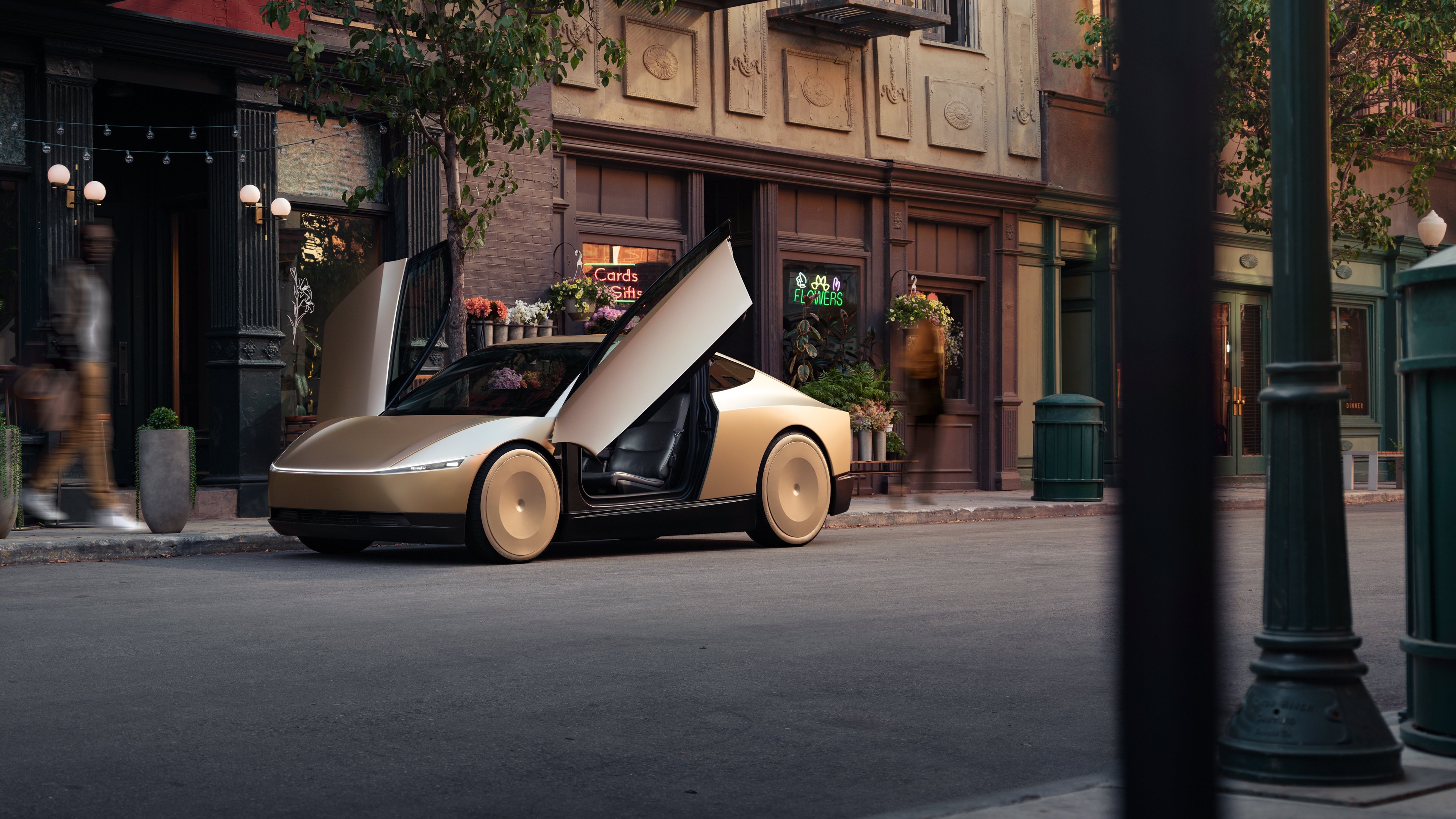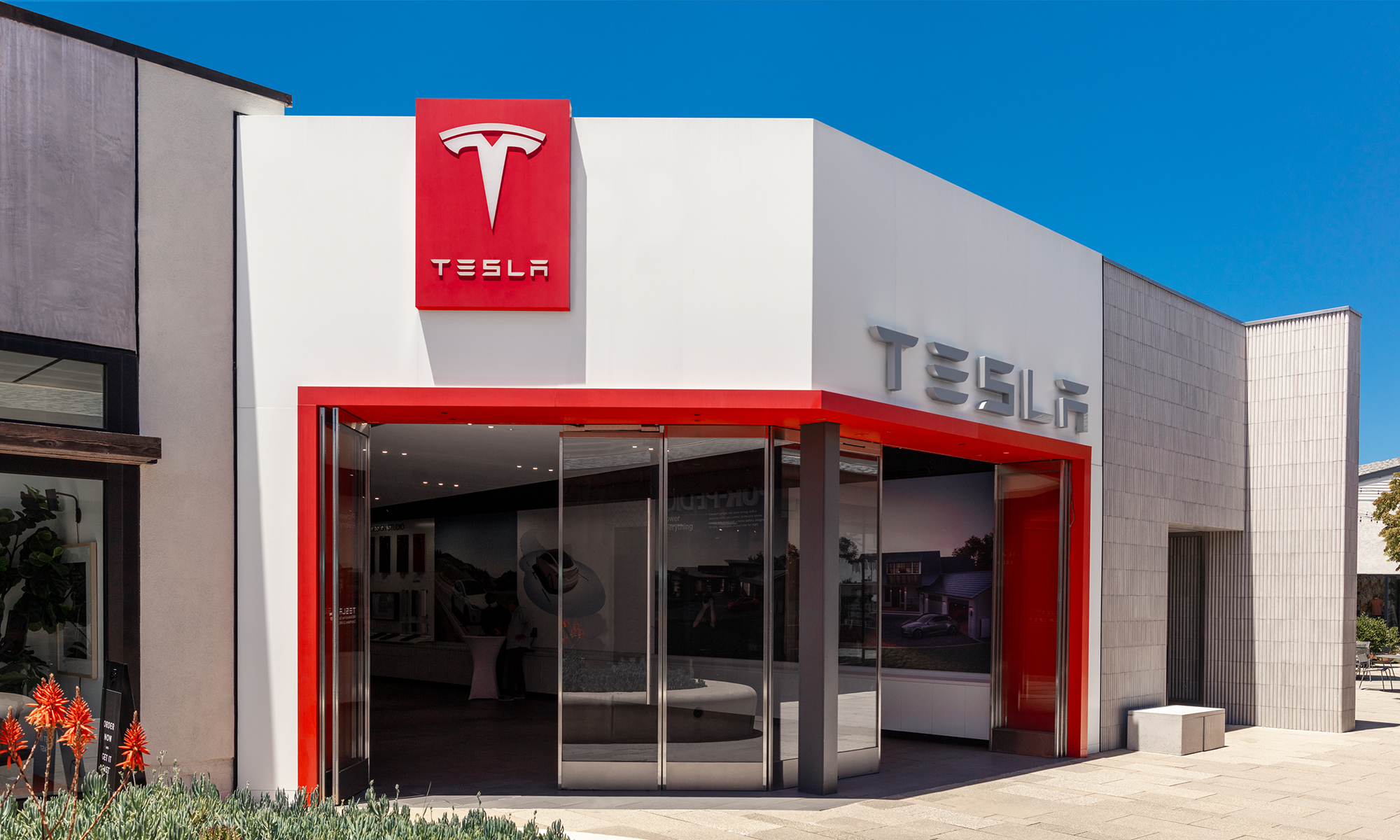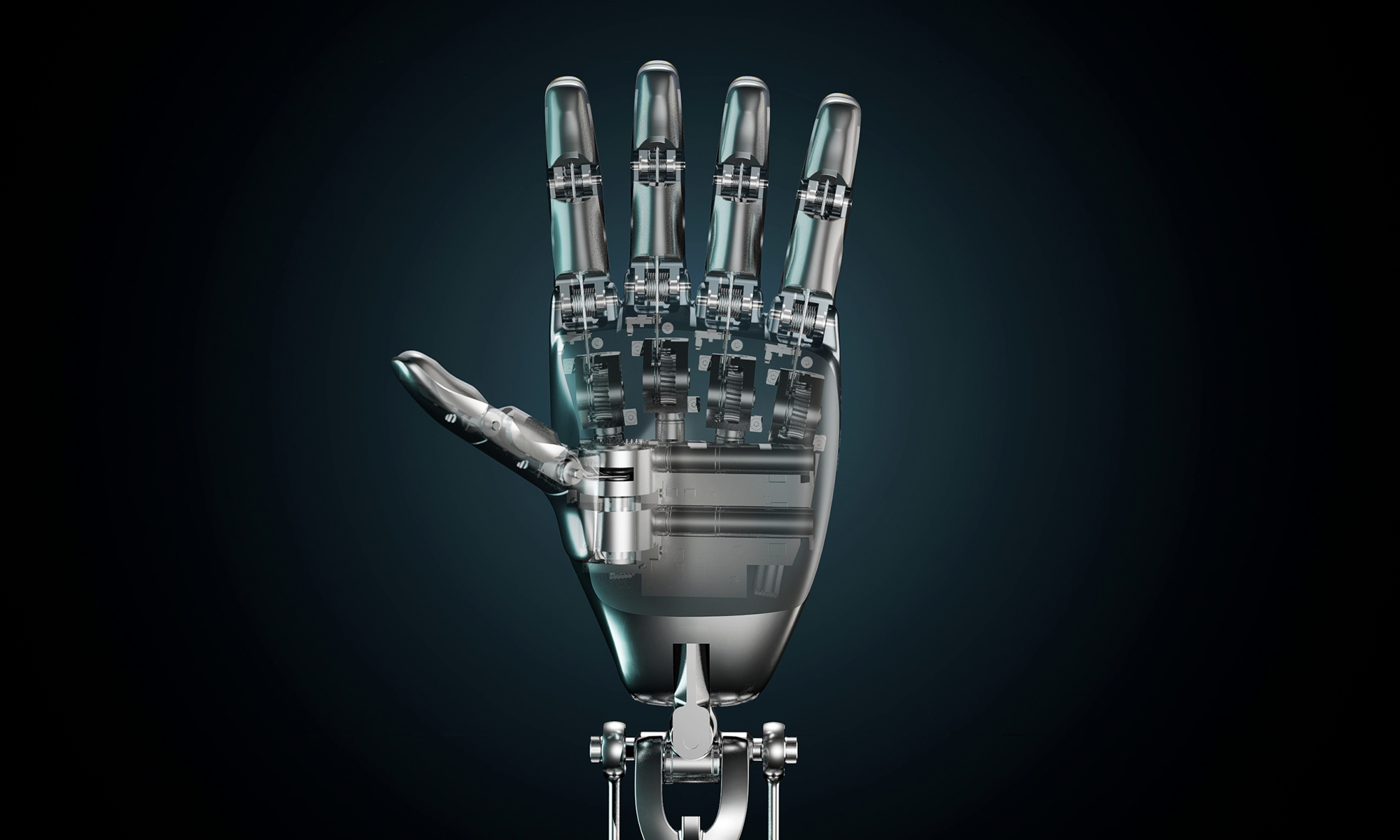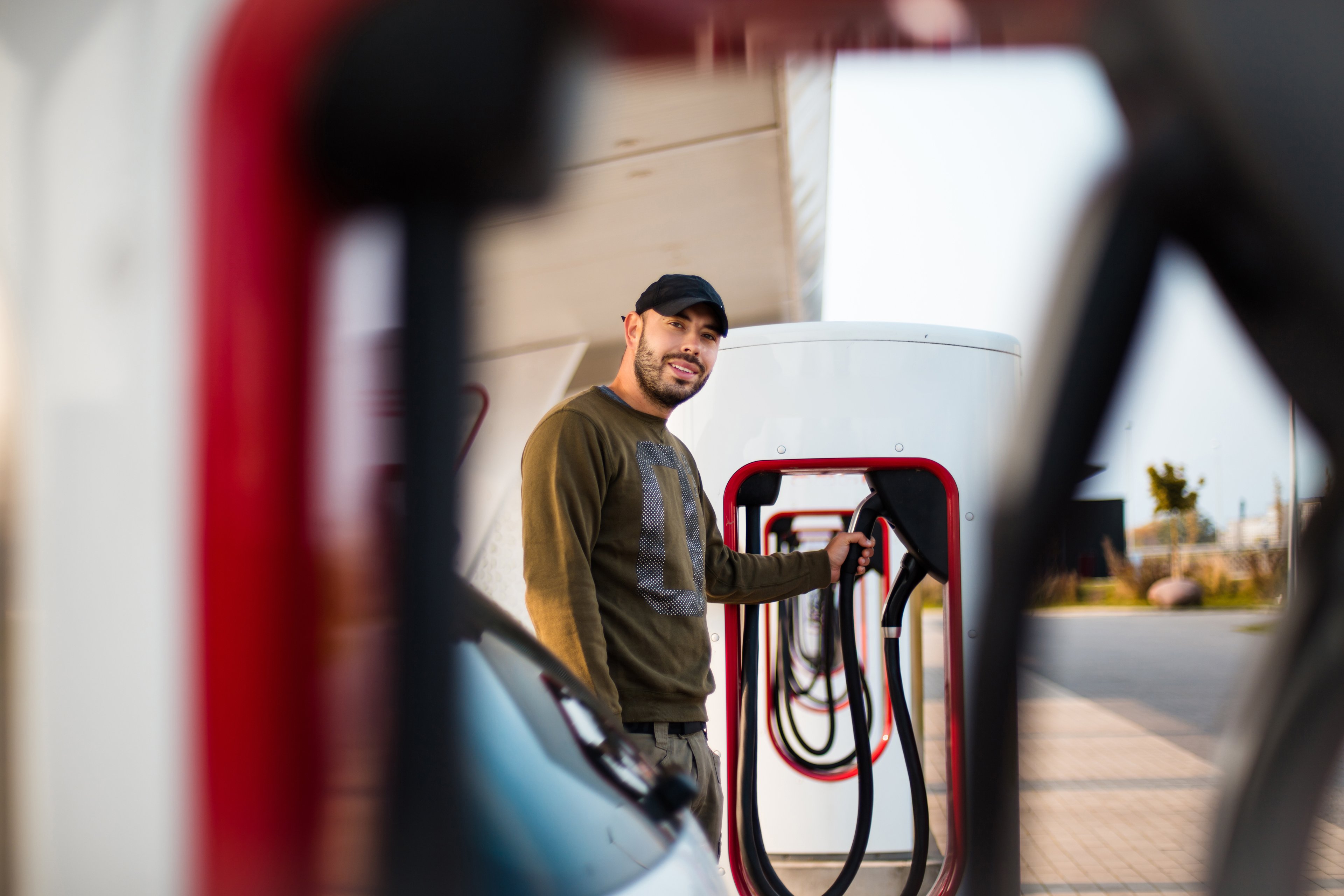Tesla (TSLA 0.07%) shares are extremely volatile, but they have remarkably rewarded investors. Just in the past five years, they have climbed 530% (as of May 30). This is despite the pandemic, supply chain issues, inflationary pressures, and general economic uncertainty that have concerned investors since mid-2020.
Currently, this electric vehicle (EV) stock trades 27% below its all-time record. Does this dip make Tesla a buy?

Image source: Tesla.
Tesla's ongoing struggles
In the first quarter of 2025 (ended March 31), Tesla reported EV deliveries of just under 337,000 units, automotive sales of $14 billion, and operating income of $399 million. All of these key performance metrics were down year over year. Higher interest rates, weak consumer sentiment, and an intensely competitive industry aren't making things easy for Tesla.
As if the ongoing trend of pressured demand, falling sales, and worsening profitability wasn't enough to make shareholders jittery, Tesla's brand has been taking a hit, likely due to founder and CEO Elon Musk's involvement in government affairs. Many people aren't pleased with him helping cut jobs and funding to certain parts of the economy.
However, it's worth mentioning that Musk is now fully focused on Tesla and his other ventures. It's safe to say he has his work cut out for him, particularly when it comes to getting the business back to profitable growth.
Autonomous driving and robotics
Tesla investors, at least those who want to own the company for the long term, know that buying the stock is a bet on the future. There is certainly reason to be excited, at least from a technology perspective.
Tesla will finally launch its robotaxi service on June 12 in Austin, Texas. And there are plans to enter additional cities before the end of this year. It will probably take some time for this to have any meaningful effect on financial performance. Nonetheless, Musk believes that Ark Invest's Cathie Wood is correct in the forecast that robotaxis could be a monster $10 trillion revenue opportunity.
Then there's Tesla's work with robotics, namely its Optimus humanoid robot. Musk not only wants these to be more prevalent in the company's factories, he wants them to be sold to customers as well. He thinks this endeavor could also bring in an unbelievable $10 trillion in revenue.
Time will tell if these projects develop to the point of mass commercialization. To be sure, there remains lots of uncertainty as to tech advancements, costs, regulations, and consumer comfort. All we can do now is wait.

NASDAQ: TSLA
Key Data Points
Putting Tesla's valuation in perspective
Based on Tesla's current valuation, you would think the business had already launched a thriving global robotaxi service, or that its humanoid robots were on other companies' factory floors across the world. This obviously isn't the case.
If you want to buy the stock today, the market is asking you to pay a steep fee. The current price-to-earnings (P/E) ratio sits at 193. This showcases the premium investors place on the business, likely due to the view that Elon Musk is a genius and a visionary who's a great storyteller.
But based on what the company truly looks like right now, you can make an easy argument that shares are overvalued. Just look at the rest of the "Magnificent Seven," all of which are performing much better financially than Tesla. The average P/E ratio of the other six stocks is 31, with the highest being Nvidia at 44. Tesla might have meaningful upside should a lot of things fall into place, but does it really command a higher valuation multiple than a business that's the poster child of the AI boom? I don't think so.
Tesla has done an amazing job at compounding shareholder capital in the past. I'm unsure if this trend will continue in the years ahead. I'd avoid buying the stock.





